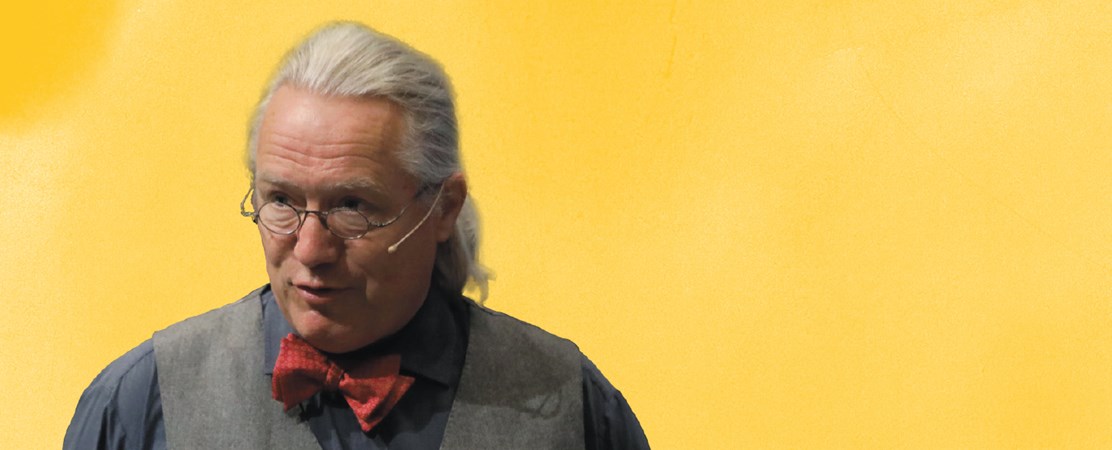Letter from the President

By Lars Kullerud, President, UArctic
Over 20 years ago, the ministers of the Arctic Council proudly announced the establishment of the University of the Arctic. UArctic has since grown to become a tool for collaboration in education and research for universities and other education institutions, and an unparalleled network of more than 200 member institutions working together for the benefit of the North and the world.
The UN sustainable development goals set out high expectations for the world. The Arctic is a key region in achieving them, because it provides essential ecosystem services and natural resources. Thus the Arctic faces an increasing pressure as the resource pool for the world. But the sustainable development goals also represent rights, promises and hope for the peoples of the North. Sustainable cities and communities, responsible consumption and production, quality education, and decent work and economic growth are examples of sustainable development goals that require different implementation in the North than in more populated areas of the world.
UArctic has the responsibility to develop collaborative means among our members so that the Arctic research and education community will be a major contributor to achieve sustainable development for both indigenous peoples and other northerners. UArctic represents collaboration between smaller northern colleges, and a broad range of universities in the eight circumpolar countries, as well as northern-focused higher education and research institutions outside the Arctic. This network provides us a tremendous opportunity to be an active agent for the benefit of the Arctic and the world.
Beyond membership, UArctic collaborates closely with the governments of the Arctic Council and the Standing Committee of the Parliamentarians of the Arctic Region. Many of these countries have earmarked programs that support UArctic collaboration and the engagement of the institutions in their own country. We hope that in the future both Arctic and non-Arctic countries will follow this practice.
UArctic and our members can only successfully deliver on the sustainable development goals in close collaboration with governments, indigenous peoples’ organizations, our partners in Arctic research – IASC and IASSA – as well as with the business community through the Arctic Economic Council. UArctic has also chosen to develop strategic partnerships with major Arctic conferences (Arctic Frontiers, the Arctic Circle Assembly, the Arctic Science Summit Week, Arctic: Territory of Dialogue). These events complement our own biennial UArctic Congress with high-level forums for dialogue and discussion which serve as tools for collaboration beyond the academic world.
At the end of the day, it is societal impact that is the measure of how well UArctic collaboration serves the peoples, communities and environment of the Arctic. Will young people stay? Will they be able to create new future-oriented jobs in their communities? Are there means for clean energy production? Are there quality municipal services? And, is resource extraction done in a way that supports sustainable communities and protection of the environment? These must continue to be the key challenges that our activities aim to resolve, leading to a healthy Arctic environment and a better quality of life for all.
